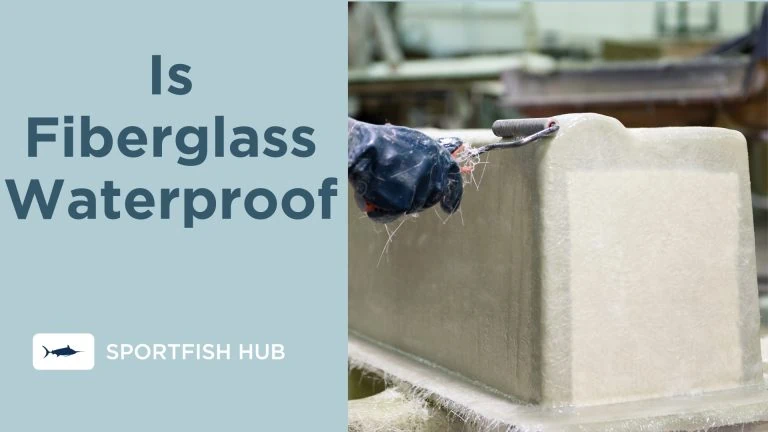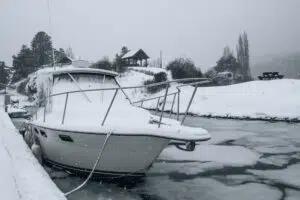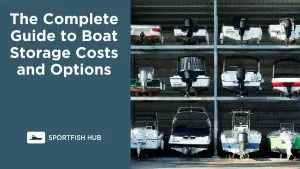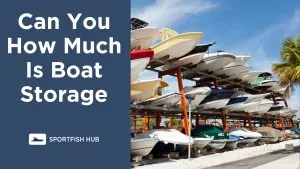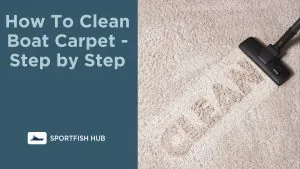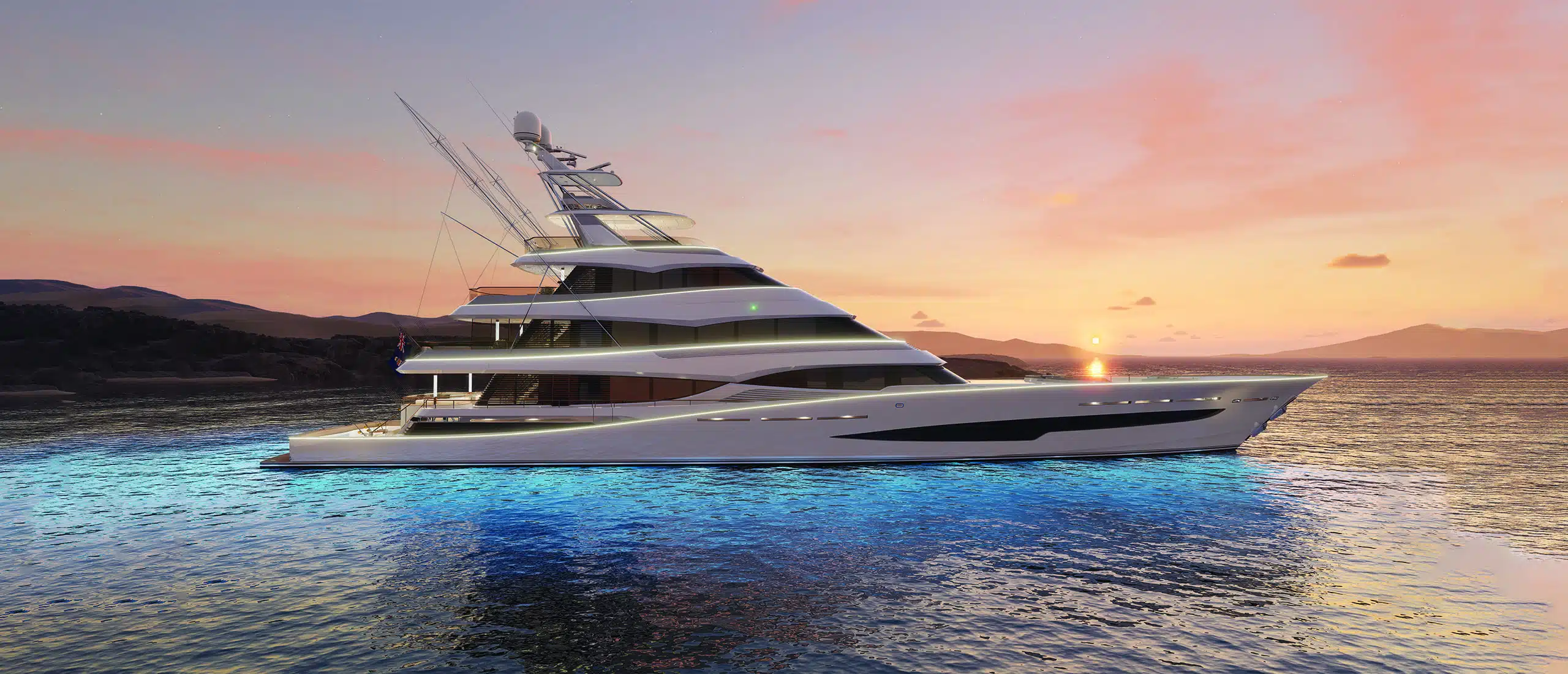You may be wondering if fiberglass is waterproof and can block water entirely. The short answer is no, fiberglass alone is not 100% waterproof. However, with the right manufacturing techniques, it can be made virtually waterproof for many practical purposes.
How Waterproof is Fiberglass?
While fiberglass has water-resistant properties, it is porous and will absorb water over time without additional protection. Here are the key factors that determine fiberglass waterproofness:
- Resin Density – More saturated resins fill voids and prevent water absorption. Vinyl ester is best.
- Weave Tightness – Tighter glass fiber weaves block more moisture penetration.
- Coatings – Protective gel coats, epoxy, and marine finishes seal the surface.
- Construction – Multi-layer builds with sealed seams prevent leaks.
- Waterproof Ratings – Grades like Marine, RV, Saturated indicate water resistance levels.
With optimized manufacturing techniques, fiberglass can achieve excellent waterproofness for boats, vehicles, tanks, and more.
The Limitations of Fiberglass Water Resistance
While not completely water-impermeable, fiberglass still provides good performance if properly constructed:
- Withstands freshwater exposure for extended periods
- Highly resistant to rain, splash, and humid conditions
- Can be submerged for limited timeframes
- Recreational vehicle grade suitable for RV outer walls
- Repairable if small leaks develop
However, there are some limitations:
- Not recommended for permanent underwater submersion
- Requires re-sealing and re-coating over time
- Not rated for high pressure water exposure
- Bulk water absorption will occur over months/years
- Not a good choice for water storage tanks
Overall, fiberglass has very useful levels of water resistance for boats, vehicle bodies, pools, pipes, and similar applications. But additional protection is required for fully waterproof performance.
Is Fiberglass the Right Choice for Your Needs?
Fiberglass has many advantages that make it a top choice for products that need weatherability and water resistance:
- Durable and long-lasting
- High strength-to-weight ratio
- Resists corrosion and rotting
- Easy to repair and maintain
- Customizable gelcoat finishes
Before choosing fiberglass, determine your exact waterproofing needs, exposure levels, and performance requirements. For top waterproof protection, additional resins, coatings, and construction techniques can enhance fiberglass. Discuss options with manufacturers to pick the optimal grade and process for your specific application.
So in summary, fiberglass itself is not waterproof, but has excellent water resistance. With the right construction, it can meet waterproof standards for many uses, especially in the marine and recreation industries.

